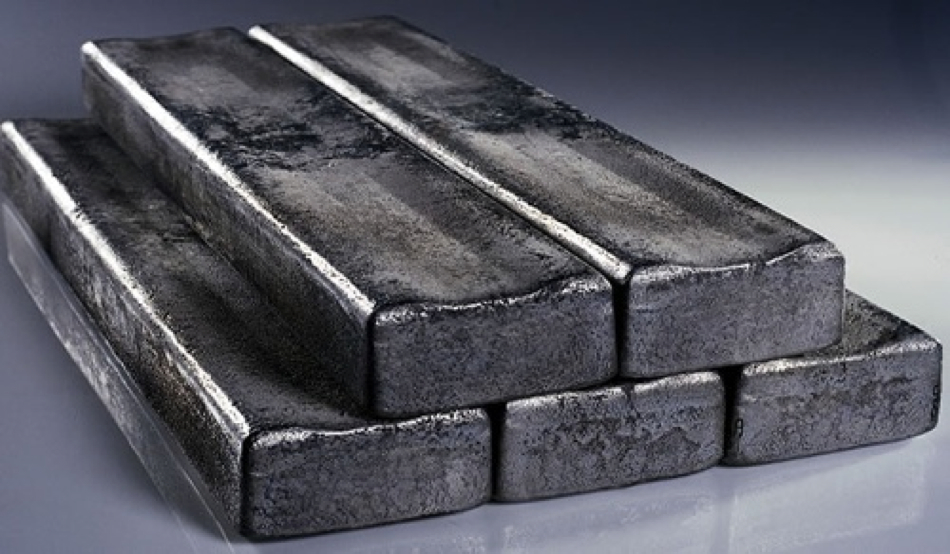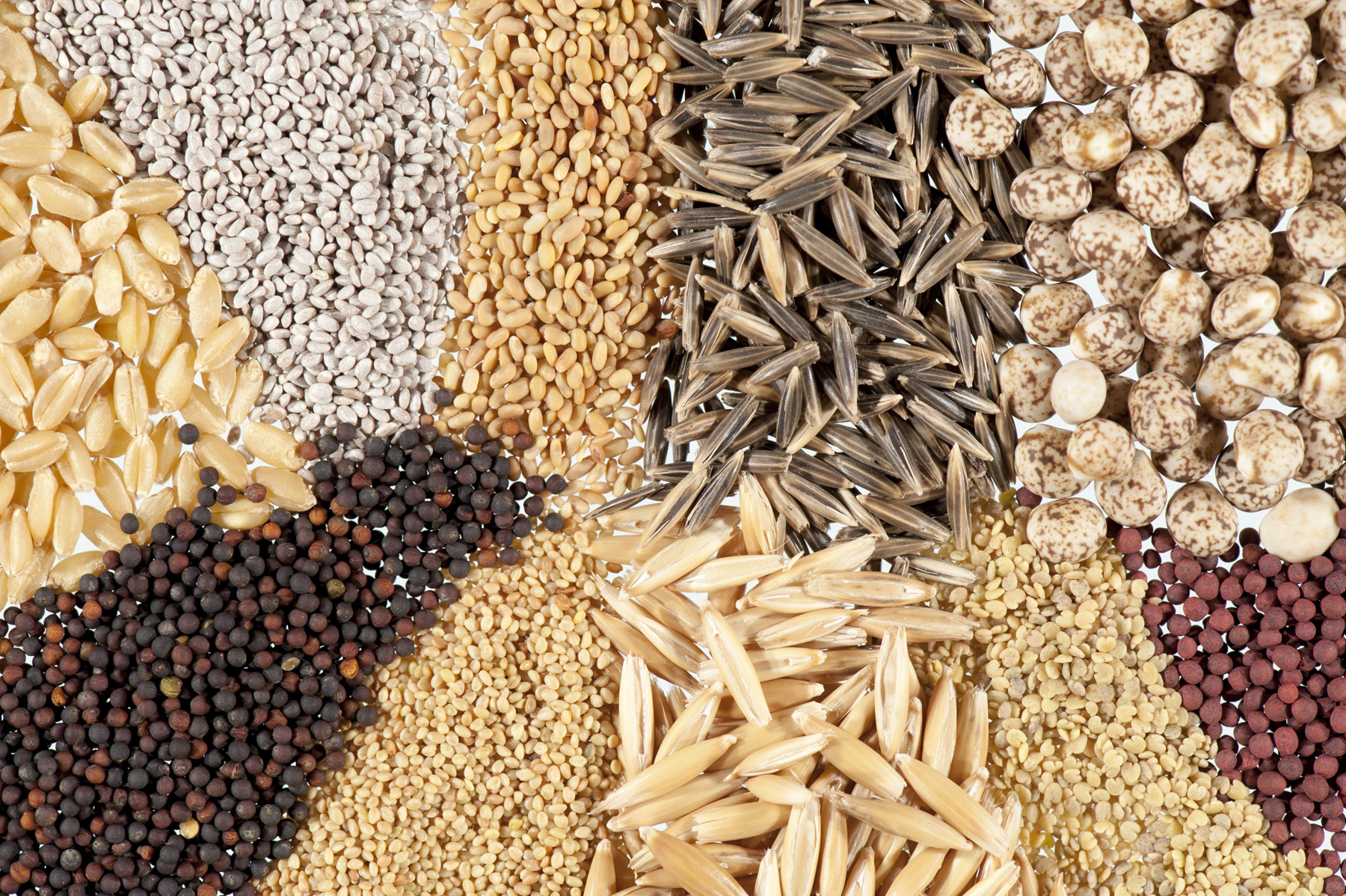Wondering what a lack of magnesium in your diet means for your health? Read on.
There are a lot of minerals your body needs in order to function properly. For example, calcium plays a role in keeping your bones healthy, potassium keeps your muscles contraction, and sodium helps your body to store water. Magnesium is one of the most important minerals, yet it’s surprisingly common to find people with magnesium deficiencies. So what does a lack of magnesium mean for your health? Well, it means a lot could go wrong.
One of the primary uses of magnesium is the transportation of calcium. Magnesium helps calcium to get into your bones, as calcium cannot penetrate the bones without the carrier. A lack of magnesium could lead to poor bone health. Eventually, you might be at risk of degenerative bone diseases like osteoporosis if you aren’t getting enough magnesium in your diet.
Though people tend to get enough through healthy and well-rounded diets, some choose to supplement with pills and powders. Wooden Spoon Herbs Magic Magnesium is a popular option.
But that’s not all magnesium can do! Magnesium prevents the build-up of calcium in your body by ensuring that it’s sent off to the bones. Too much calcium can build up in your arteries, leading to calcification and hardening of arterial plaque. This makes your arterial walls more susceptible to damage, which could increase your risk of heart attack. A lack of magnesium is definitely not something you want to live with.
Magnesium plays a role in brain function, and a magnesium deficiency has been linked to Alzheimer’s disease. It can also reduce the risk of inflammatory disease like arthritis, or can reduce your blood pressure. A lack of magnesium can lead to respiratory problems.
Here are a few of the symptoms of a magnesium deficiency:
- Nausea
- Calcium deficiency
- Weakness
- Difficulty swallowing
- Anxiety
- Tremors
- Respiratory issues
- Dizziness
- Poor heart health
- Potassium deficiency
- Muscle cramps
- Confusion
- Type II diabetes
- Fatigue
- High blood pressure
- Poor memory
Pretty scary symptoms, right? It’s time to realize that magnesium is more than just a useful mineral—it’s VITAL for a healthy, well-functioning body.

READ MORE: Minerals in Meat That Keep You Healthy
The good news is that you can get magnesium via supplements and your diet. It’s very difficult to take too much magnesium, as your body can use the mineral in very high quantities. That doesn’t mean you should take it as a personal challenge to see how much magnesium you can eat every day, but it does mean you should try to increase your magnesium intake.
Magnesium supplements can be a good way to go, but your body can only use so much of the magnesium in a supplement. The rest will be excreted through your urine or feces, so a lot of the magnesium will go to waste.
The best way to get more magnesium is through eating the right foods, but you can also get magnesium through your skin through Dead Sea salts and even Epsom salt baths. There are a lot of foods that are rich in magnesium, particularly:
- Seeds – Sesame seeds, pumpkin seeds, and sunflower seeds are all excellent sources of this important mineral. Add more of them to your diet to increase your magnesium intake.
- Beans – Both soy and black beans are loaded with magnesium. They’re also a very healthy, low-fat source of protein.
- Nuts – Almonds and cashews are the two best nut sources of magnesium, but almost all nuts contain some of this mineral.
- Veggies – Okra, squash, and spinach all contain magnesium. You’ll be doing your body a world of good by adding more of these veggies to your diet!
As we’ve seen above, a lack of magnesium can be a very dangerous thing. Your body relies on this mineral in order to function, so it’s vital that you get enough. Make sure to eat right, and you’ll never have to worry about a mineral deficiency again.
Love this article? For more beauty, style, travel, and trending topics check out The Luxury Spot on Facebook. Like us and we’ll love you back!








